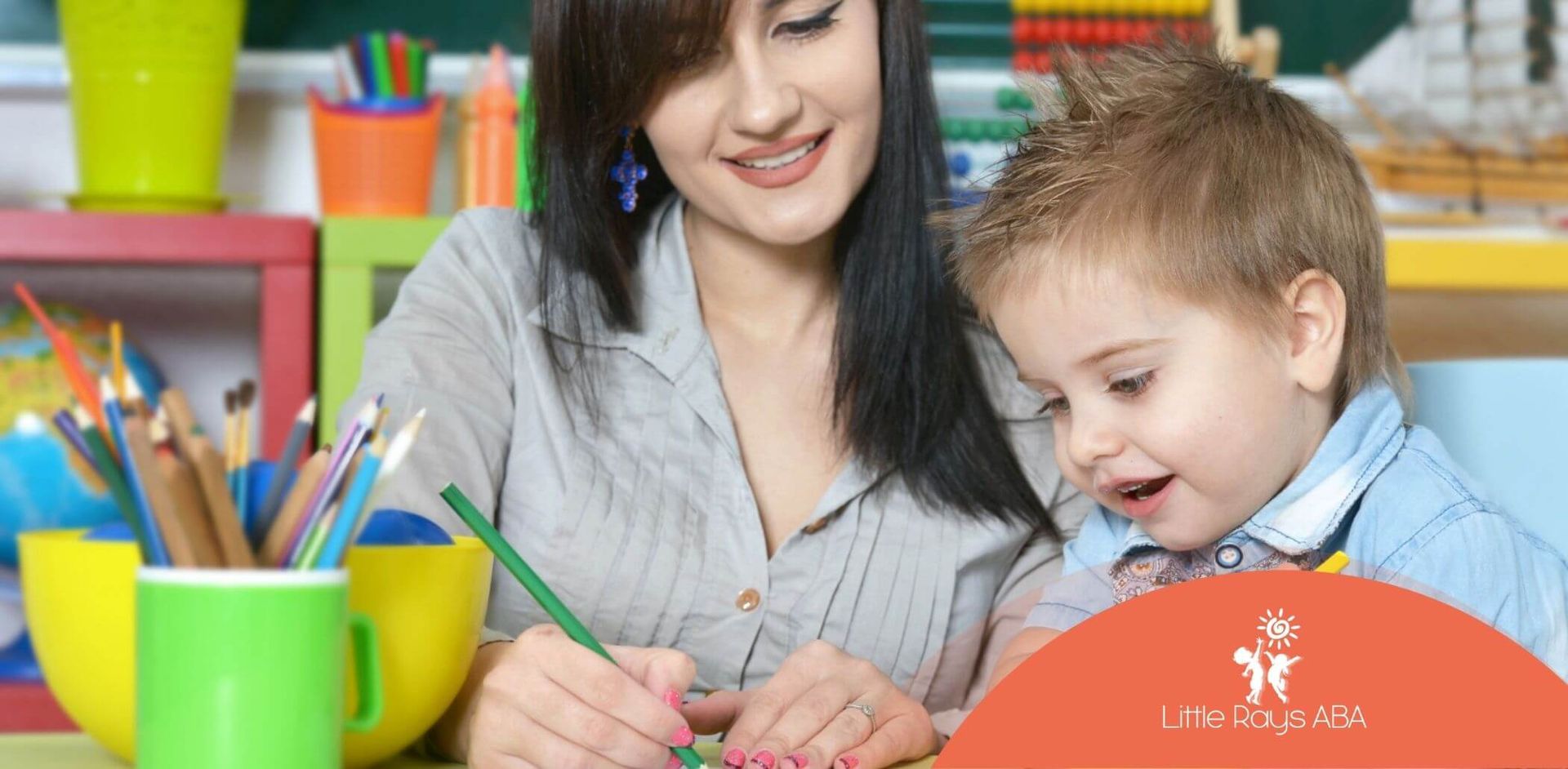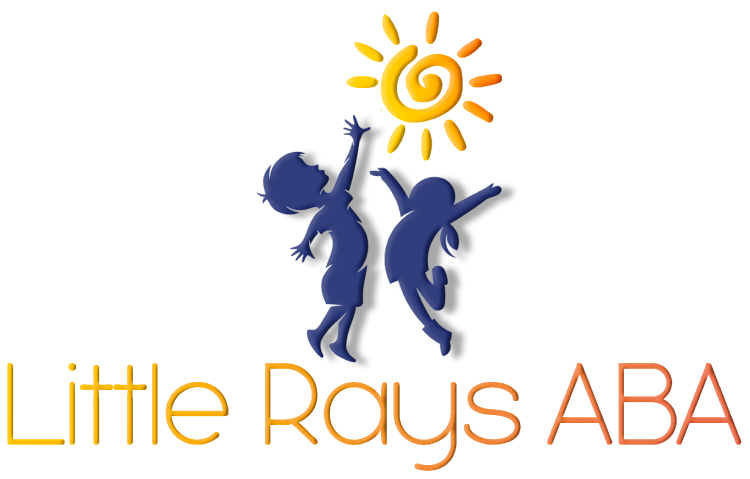
Is Autism Reversible with ABA Therapy?
The short answer: No, ABA therapy does not reverse autism—because autism is not something that needs to be "cured."
However, ABA (Applied Behavior Analysis) can help children with autism develop key life skills, improve communication, reduce harmful behaviors, and boost independence.
Understanding ABA’s Purpose
ABA therapy isn’t about changing who a child is. Instead, it’s about helping them thrive in a world that may not always understand how they think or communicate.
According to the Centers for Disease Control and Prevention (CDC), early behavioral intervention like ABA can significantly improve social, cognitive, and language skills in children with autism.
“ABA is about creating learning opportunities in everyday life,” says Dr. Catherine Lord, a clinical psychologist and autism researcher. “It’s not a cure—it’s a support system.”
Why "Reversal" Isn’t the Goal
Autism is a neurodevelopmental condition, not a disease. Instead of focusing on “reversing” it, ABA works to build strengths, reduce challenges, and help children participate more fully in school, home, and community life.
A 2021 NIH study found that children who received early and consistent ABA therapy showed notable improvements in daily functioning—but they remained autistic. And that’s okay.
At
Little Rays ABA, we meet your child where they are—literally and emotionally.
We offer
in-home ABA therapy,
school-based support, and
in-camp ABA services.
Serving families across Florida, we also provide parent training, so families feel confident and supported every step of the way.
Reach out today to learn how we can support your child’s growth—with compassion, care, and proven strategies.
FAQs
1. Can autism be cured?
No. Autism is a lifelong neurodevelopmental condition. While skills can improve, autism itself isn’t something to “cure.”
2. What age is best to start ABA therapy?
The earlier, the better. Starting between ages 2–5 is ideal, according to most experts.
3. Does ABA therapy work for all children with autism?
Results vary, but many children benefit from consistent, individualized ABA programs tailored to their needs.
Related Posts





